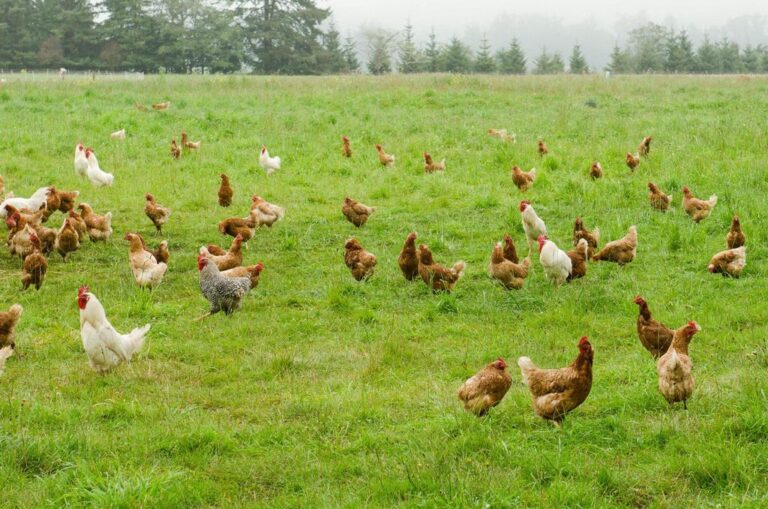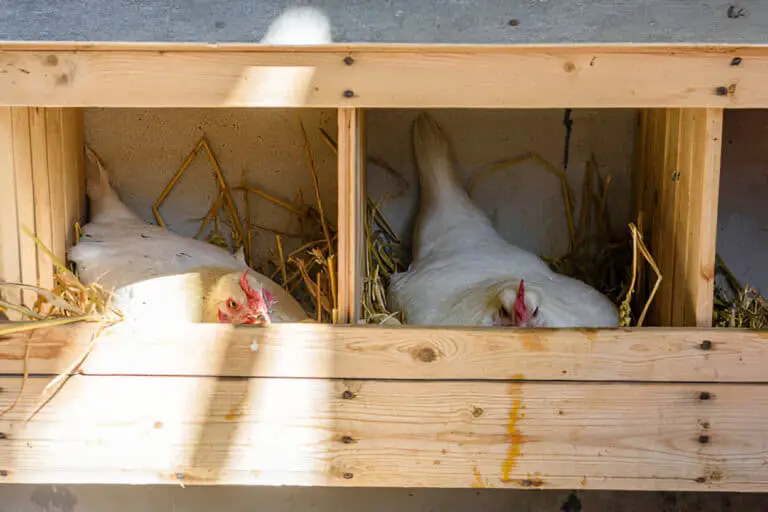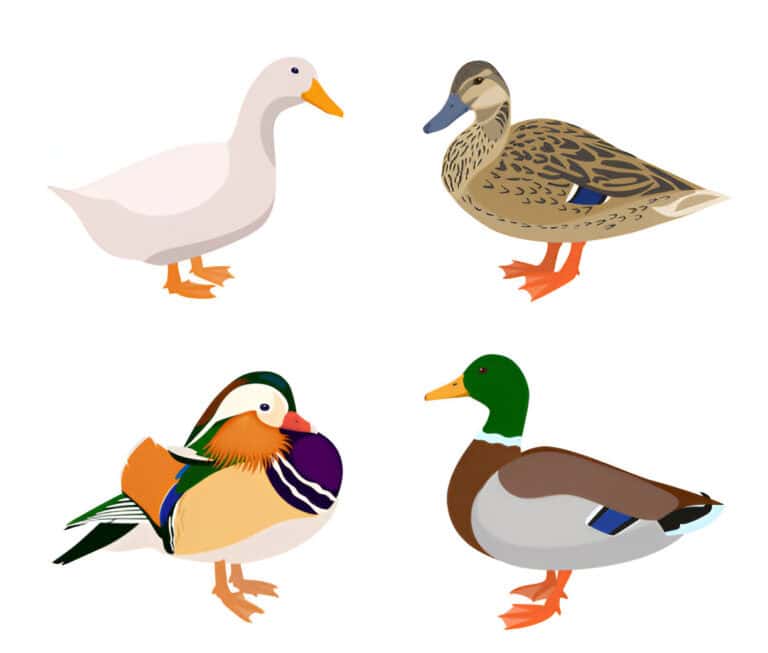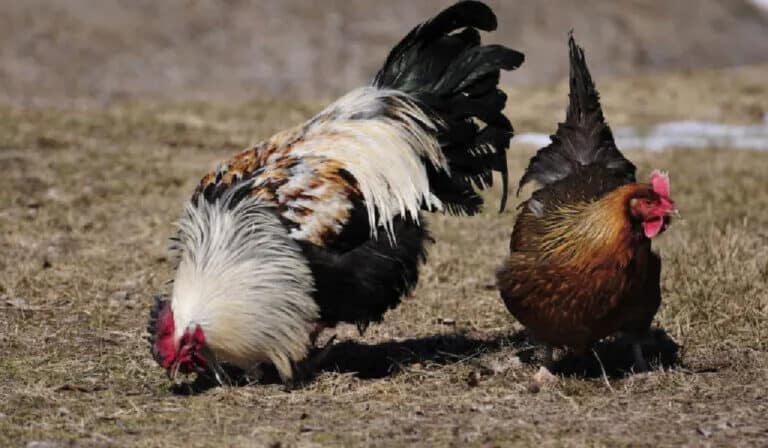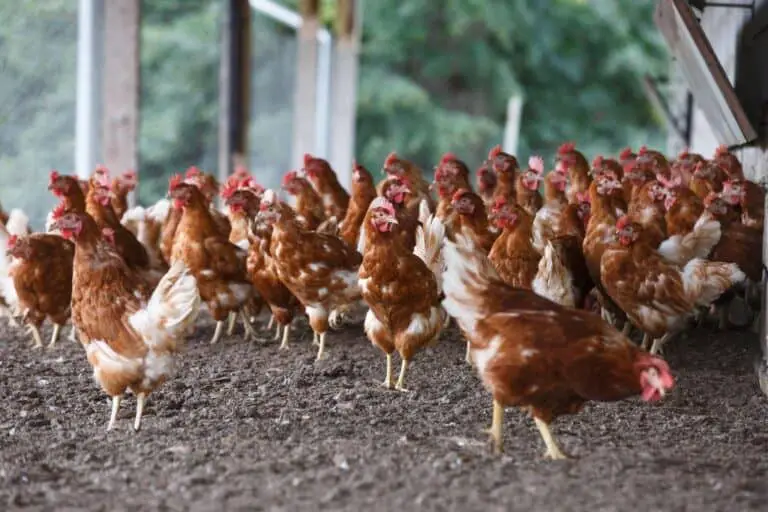Can Duck Droppings Make You Sick? The Dirty Truth Behind the Mess
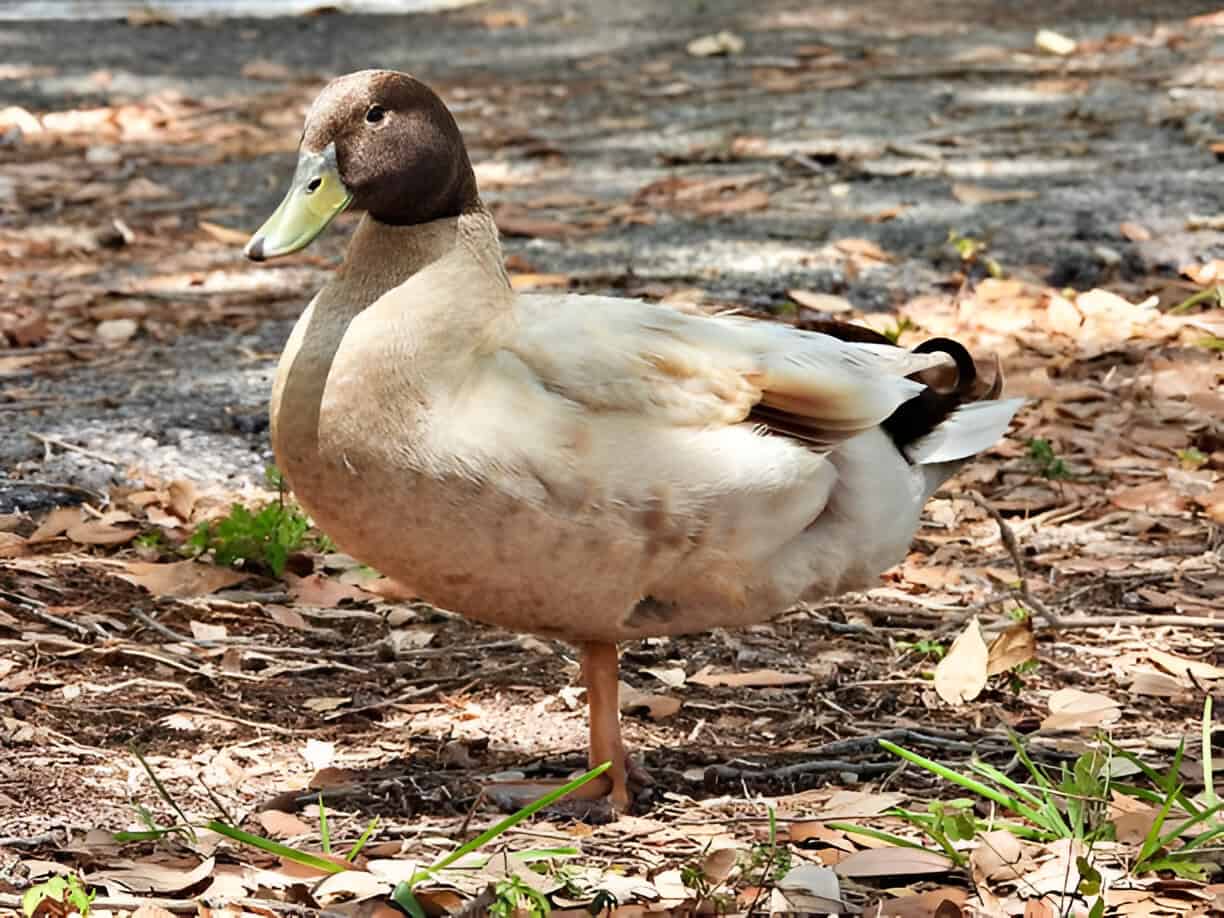
I didn’t expect to become an expert in duck poop, but here I am—mucking out the coop at sunrise, garden hose in one hand and questions in the other. The truth is, when you share your space with backyard ducks, their droppings end up everywhere. From your boots to your porch to the edge of your veggie patch, it’s practically a signature scent. But as I knelt down to clean their kiddie pool one morning, a thought hit me hard: Is this stuff actually dangerous? Can duck droppings make you sick?
Let’s talk dirty—and I mean that literally.
A Quick Look at What’s in Duck Poop
Duck droppings aren’t just smelly nuisances. Like all feces, they’re biological waste. But because ducks splash, roam, and waddle through your yard freely, their mess doesn’t stay contained like with some coop-bound chickens.
Here’s what’s typically in duck poop:
| Component | Description |
| Bacteria | Salmonella, E. coli, and Campylobacter can be present |
| Parasites | Giardia, Cryptosporidium, and others |
| Fungal spores | Especially if droppings sit in wet areas |
| Ammonia | From breaking down uric acid in the feces |
So yes, duck droppings can pack a microbial punch.
How Duck Poop Can Affect Human Health
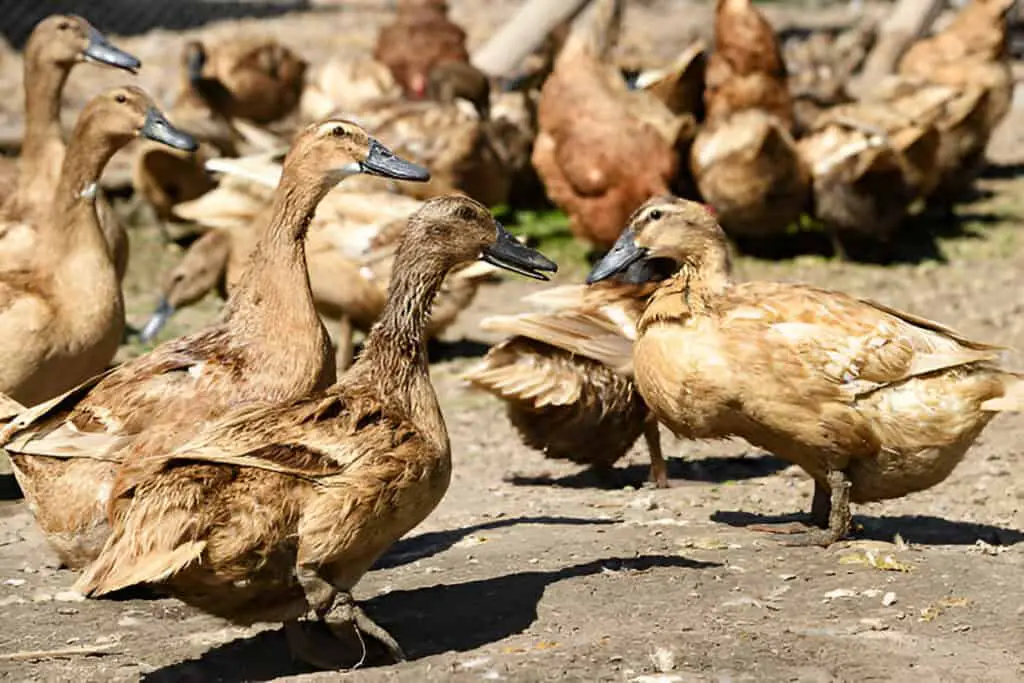
I hate to say it, but if you’re not careful, duck poop can turn from a minor backyard mess into a medical situation. These are the most common ways duck droppings can make you sick:
1. Salmonella Strikes Again
You’ve probably heard about this one. Ducks can carry Salmonella in their intestines and shed it through their feces—even if they look totally healthy. If you touch contaminated surfaces, then rub your eyes or grab a snack? Boom—nausea, fever, diarrhea.
2. Campylobacter: The Sneaky One
Campylobacter is less famous but just as miserable. It causes cramping, fever, and the kind of bathroom urgency you don’t want to talk about at the dinner table. Kids, the elderly, and people with weakened immune systems are at the highest risk.
3. Parasites in the Pool
Ducks love water. And when they poop in their little ponds, water troughs, or kiddie pools? Those wet areas can become breeding grounds for parasites like Giardia and Cryptosporidium. If you or your kids accidentally swallow water while playing nearby—yikes.
My Backyard Reality Check
When I first got ducks, I pictured serene little creatures dabbling in a pond, not turning my patio into a poop-streaked minefield. The first summer with them, I didn’t even think twice about letting my nieces splash in the same inflatable pool the ducks had claimed as their own. Luckily, no one got sick—but I learned my lesson the hard way when I came down with a stomach bug two days after rinsing out their tub without gloves.
So I started treating duck droppings like what they are: potentially harmful waste. Not toxic sludge, not a biohazard from a sci-fi movie—but not something to ignore either.
| Read: Why Your Duck Stopped Laying Eggs (And How to Fix It) |
How to Handle Duck Poop Safely
Here’s what I do now to keep my family and flock healthy:
Clean-Up Rules I Live By:
- Wear gloves when cleaning any duck areas.
- Use a designated poop scooper or rake—don’t double-duty it with your garden tools.
- Spray down paths and high-traffic areas daily, especially during summer.
Keep Humans (and Ducks) in Their Zones:
| Area | Human Use | Duck Use | My Strategy |
| Porch & Patio | Yes | No | Hose it off daily, redirect duck paths |
| Garden Beds | Yes (for veggies) | Supervised only | Fence around crops |
| Kiddie Pool/Water | Yes (for kids) | No (ducks only pool) | Separate pools for ducks and humans |
When to See a Doctor
If someone in your household starts feeling sick—especially with diarrhea, fever, or vomiting—after being around ducks, don’t write it off as a “bug.” Let your doctor know about the duck connection. They may want to test for specific bacteria or parasites.
Duck Poop in the Garden: Friend or Foe?
Now, here’s a twist: Duck poop makes great fertilizer—if you compost it correctly. Don’t sprinkle it straight onto your carrots or lettuce. Compost it with straw or leaves for several months to kill off pathogens first.
Hot tip: Add a compost thermometer. If your pile doesn’t hit at least 130°F for several days, it’s not safe for edibles.
How I Keep My Ducks and Family Safe
So here’s what my daily routine looks like now:
Morning:
- Quick coop check
- Hose off poop-heavy zones
- Dump and rinse duck water buckets
Evening:
- Spot clean porch and walkways
- Check for poop near kids’ play areas
- Sanitize tools used that day
It doesn’t take forever, and the peace of mind is worth every second.
| Check out: How to Keep Ducks Hydrated: Simple Solutions for a Thirsty Flock |
Final Thoughts: Is Duck Poop Harmful?
Yes—duck poop can make you sick. But if you treat it with the same care you’d use for handling raw chicken or cleaning a litter box, the risks drop dramatically. Backyard duck ownership has its share of mess and management, but if you go in with open eyes—and maybe a good hose—you’ll keep both your birds and your belly happy.
So while I still squint when I see a suspicious splatter on my steps, I no longer panic. I’ve made peace with the poop—and more importantly, I’ve learned how to keep it from becoming a problem.

